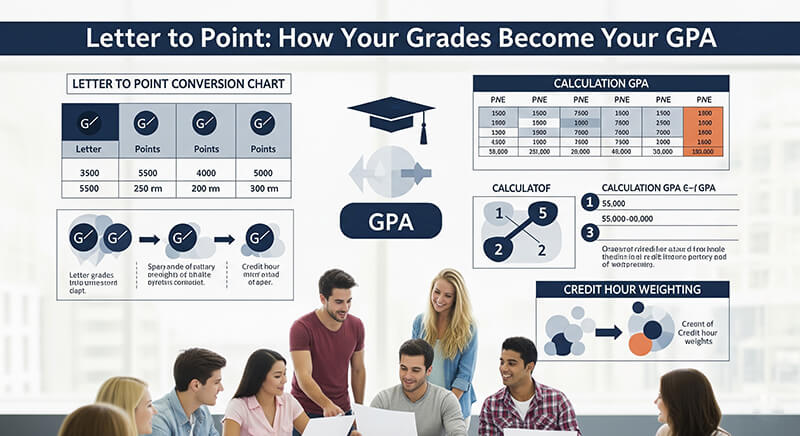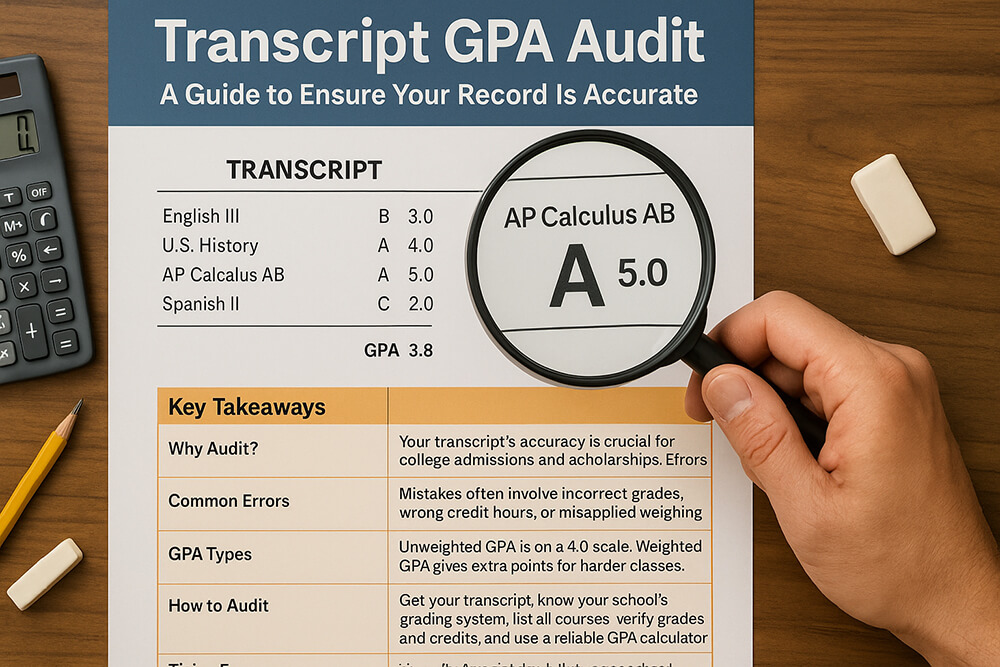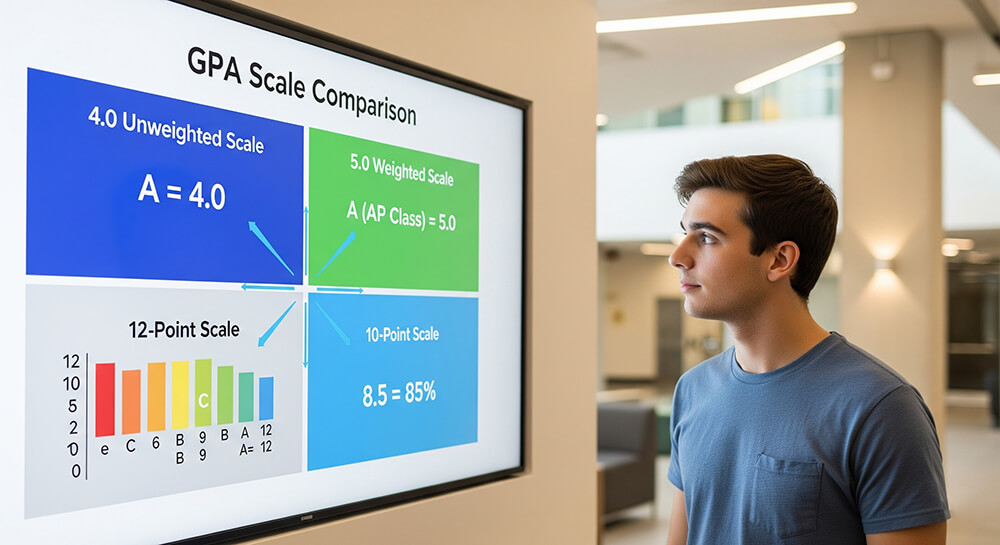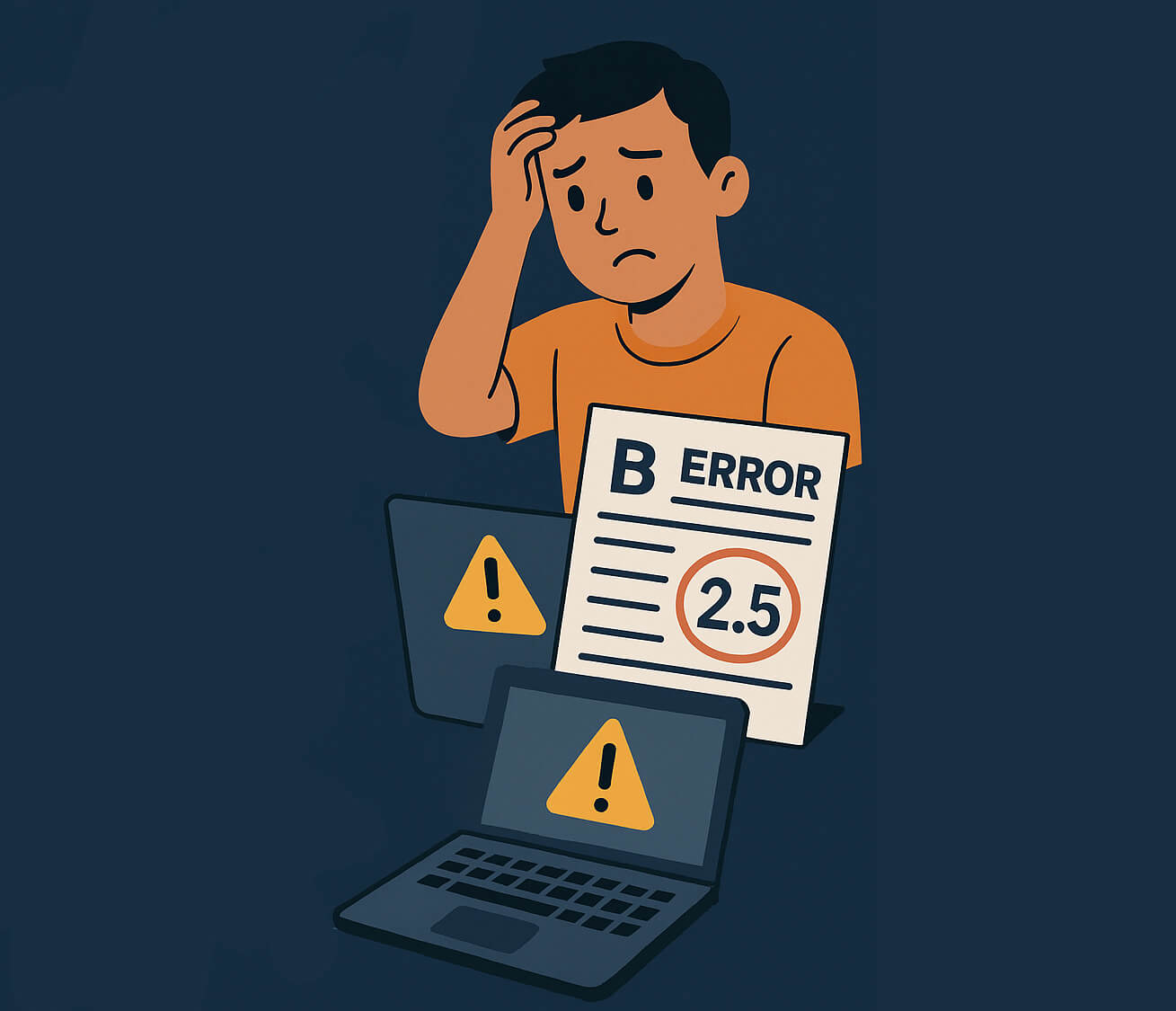Key Takeaways
| Feature | Credit Recovery | Grade Replacement |
|---|---|---|
| Primary Goal | Earn credit for graduation. | Improve GPA by replacing a failing grade. |
| GPA Impact | Usually none. The original 'F' stays on your transcript, and the new course is marked "Pass." | Significant. The new, higher grade replaces the old one in GPA calculations. |
| NCAA Eligibility | Most credit recovery courses are not approved for NCAA Division I or II athletes. | Approved if the retaken course meets NCAA core standards and duration. |
| Best For | Students who only need to meet graduation requirements quickly. | Students aiming for college admission, scholarships, or NCAA eligibility. |
| How to Find | School districts, summer school, and online providers like Keystone School or Acellus Academy. | Retaking the full course through your school, summer school, or an approved online school. |
What Are Credit Recovery Courses?
Credit recovery courses help you get back on track. If you fail a class, you can take a shorter course to earn the credit you need. This lets you move forward without repeating a whole school year. These programs focus on the parts of a subject you missed. You can show you learned the material and earn the credit. This is an important step for anyone needing academic help and can be part of a plan for reinstatement after academic suspension. Many schools offer these programs to help students graduate on time.
How Credit Recovery Affects Your GPA
The biggest point of confusion is how these courses change your Grade Point Average (GPA). Most credit recovery programs use a Pass/Fail system. You get a "Pass" on your transcript, but the original failing grade often stays. This means your GPA does not go up. The "Pass" grade shows you have the credit, but it does not help your overall academic score. It is very important to understand how pass/fail grades impact your gpa before you sign up. You should also review a GPA formula guide to see how grades are calculated.
Credit Recovery vs. Grade Replacement: A Big Choice
You have two main choices after failing a class. Credit recovery gives you the credit. Grade replacement can fix your GPA. Grade replacement means you retake the entire course. The new grade then replaces the old failing grade on your transcript. This can raise your GPA a lot. For students who want to improve their academic standing, grade replacement is the better option. You can use a repeat course gpa recalculator to see how a new grade could change your score. This choice will affect your numbers in a cumulative gpa calculator.
Finding the Right Program for You
Many places offer credit recovery. Your own school district is the first place to look. They often have after-school or summer programs. Online schools are another popular choice. They offer flexible schedules so you can work at your own pace. When choosing a program, think about your final goal. Are you just trying to graduate, or do you need a better GPA for college? A GPA goal setting worksheet guide can help you create a clear plan. This makes it easier to pick the right path for your future.
Special Cases: Student-Athletes and College Admissions
Student-athletes must be very careful. The NCAA has strict rules. Most credit recovery courses do not count for Division I or II eligibility. The NCAA wants to see that you took a full, rigorous class. For college admissions, a credit recovery course on your transcript can be a red flag. It shows you struggled in a subject. If possible, grade replacement is a better look for your applications. A complete transcript gpa audit guide can help you review your record. Also, understand the difference between regular and advanced courses with a gpa weighting guide honors ap.
Understanding Different GPA Systems
Schools can calculate GPA in different ways. Some use a 4.0 scale, while others might use a 5.0 scale for weighted grades. If you take a course from an online provider or a different school district, their system might be different. It is good to know about the types of gpa scales to avoid confusion. Knowing the difference between weighted vs unweighted gpa is also key. For students studying abroad or coming from other countries, an international gpa converter guide is a helpful tool.
Using Tools to Plan Your Comeback
Planning is key to fixing your academic record. Many online tools can help you. A high school gpa calculator shows you where you stand right now. If you are looking ahead, a college gpa calculator can help you set goals. These tools let you see how a new grade could change your future. You can also use a semester gpa calculator to track your progress one term at a time. A mid-term grade projection slider can even predict your final grades.
Avoiding Common Mistakes
Not all credit recovery programs are good. Some are low quality and do not teach you much. This can lead to problems later. Before you enroll, talk to your school counselor. Make sure the credits will transfer. Also, be careful to avoid common gpa calculation errors to avoid when tracking your own progress. The best way to deal with credit recovery is to not need it at all. Developing strong study tips for better grades will help you succeed in your classes the first time.
Frequently Asked Questions (FAQ)
What is the main difference between credit recovery and retaking a class? Credit recovery is a shorter, focused course to earn a missing credit, usually with a Pass/Fail grade that does not affect your GPA. Retaking a class means you take the full course over again to replace your old grade with a new one, which can improve your GPA.
Will credit recovery hurt my college chances? It can. A credit recovery course on your transcript shows that you failed a class. Highly selective colleges may see this as a sign of academic weakness. Grade replacement is often a better option for college-bound students.
Can I use credit recovery courses for NCAA eligibility? Generally, no. The NCAA does not approve most credit recovery courses for meeting its core course requirements because they are often not as rigorous as the original class.
How do I find a free credit recovery program? Start by asking your high school counselor. Many school districts offer free programs during the summer or after school. Some states also have virtual schools that provide tuition-free options for residents.








